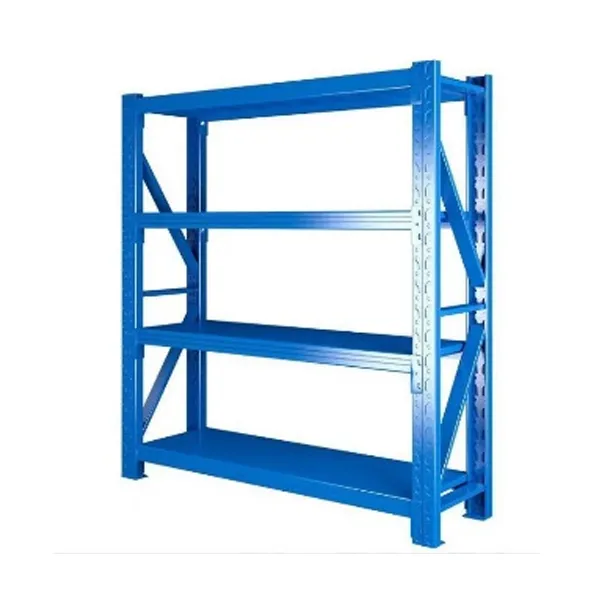Warehouse racking refers to the storage system used in warehouses and distribution centers to organize and store goods and materials efficiently. There are various types of warehouse racking systems available, each designed to suit different storage needs and space constraints. Installing warehouse racking involves several key steps to ensure safety, stability, and efficiency in storage operations.

Planning and Preparation
Assess the warehouse space and layout to determine the most suitable racking configuration, taking into account factors such as aisle width, ceiling height, loading requirements, and accessibility for forklifts or other material handling equipment.
Obtain necessary permits and approvals from relevant authorities, if required.
Ensure that the warehouse floor is clean, level, and capable of supporting the weight of the racking system and stored inventory.
Selecting Racking Systems
Choose the appropriate type of racking system based on the specific storage needs and characteristics of the inventory, such as pallet racking, cantilever racking, drive-in racking, or push-back racking.
Determine the dimensions and weight capacities of the racking components based on the size and weight of the stored goods.
Assembly and Installation
Follow the manufacturer's instructions and guidelines for assembling and installing the racking system, ensuring that all components are properly aligned and securely fastened.
...
For more detailed information about warehouse shelf installation, please click here: https://www.rff-global.com/a/news/warehouse-racking-installation.html